2019 National Conference Archive

The CGI Minnesota 2019 Planning Committee wishes to say thank you to all who came and participated in the pre-conferences and main conference. The website, including as many links as we could keep, has been archived here for your convenience.
Monday & Wednesday Keynotes — Megan Franke: Navigating the Journey
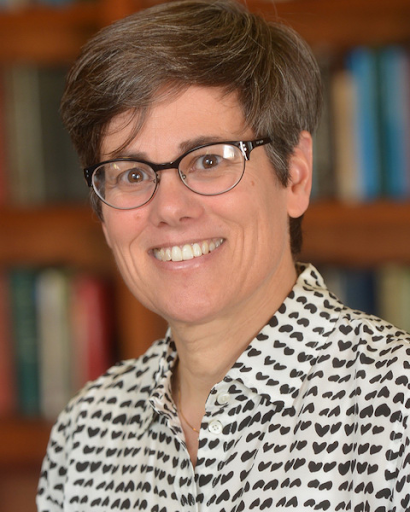
CGI researcher, author, and teacher-mentor from the University of California, Los Angeles, Megan Franke will give both the opening and closing keynote addresses on the conference’s theme: Navigating the Journey. Megan’s work on teachers as learners and on generative change will be captured in these talks.
Tuesday Keynote — Teacher Panel: Bending the Curve

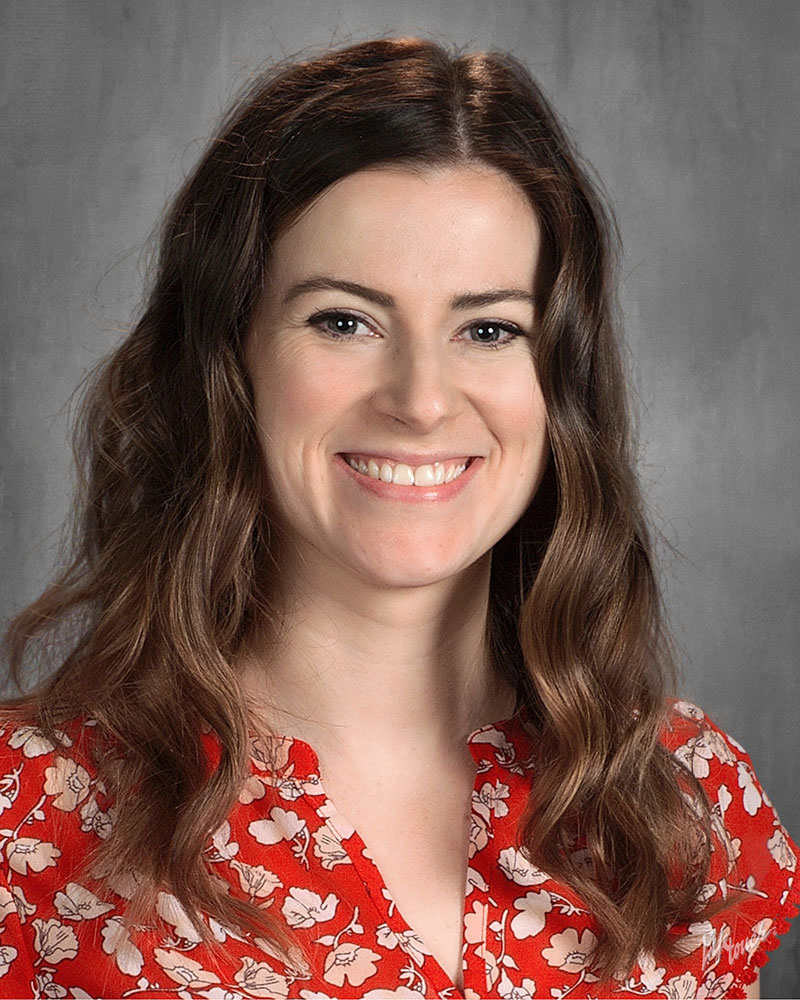
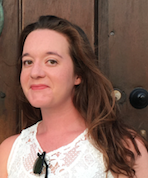
Three teachers — Tiffany Tynes Curry (Columbus, OH), Emily Payán (Anoka-Hennepin, MN), & Melissa Adams Corral (Columbus, OH) — will present data on students in their individual classrooms to demonstrate how CGI practices aide in bending the curve for students from all backgrounds. The panel discussion will be moderated by Rebecca Ambrose from UC Davis.
Featured Speakers for Monday’s Opening Sessions
Introducing the Supporting Each & Every Learner Strand — Luz Maldonado, Gladys Kruse & Melissa Adams Corral – Language and the CGI Classroom



Luz Maldonado (Texas State University), Gladys Krause (College of William & Mary), and Melissa Adams Corral (The Ohio State University) are asking: What are your questions about language and mathematics learning? What can teachers do to create spaces where multilingual students share their mathematical thinking and participate fully? When educators begin to understand the importance of mathematics instruction is focused upon students’ mathematical thinking, one then wonders how to access everyone’s mathematical ideas!
Introducing the Early Mathematics & Counting Strand — Angela Chan Torrou, Nick Johnson & Anita Wager – CGI in Early Childhood: Finding Spaces for Children’s Thinking
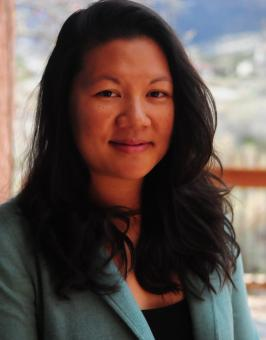


Angela Chan Turrou and Nick Johnson from the University of California, Los Angeles, and Anita Wager from Vanderbilt University will explore the “spaces” in early childhood settings – counting, breakfast, outside, planned/spontaneous activities – and consider: What opportunities are there to learn about children’s thinking? What does the teachers’ response help children to see about themselves and their attempts to do math? How is children’s brilliance highlighted and mathematical joy cultivated?
Introducing the Fractions & Decimals Strand — Susan Empson & Vicki Jacobs – Exploring Children’s Early Fraction Understanding
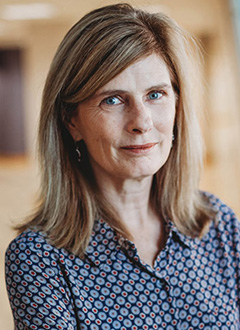
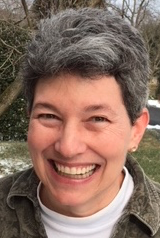
Susan Empson, from the University of Missouri, and Vicki Jacobs, from the University of North Carolina, Greensboro, will explore a range of problem types, number choices, and children’s strategies to address these questions: What are the first fraction concepts children understand and why are they important? How does a teacher build children’s understanding of these concepts? How do children’s strategies reflect these understandings?
Introducing the Whole Number Operations Strand – Carolee Hurtado, Darlene Fish Doto, Natali Gaxiola, Kendra Lomax & Kassia Omohundro Wedekind – Making Counting Joyful and Meaningful for Student Learning
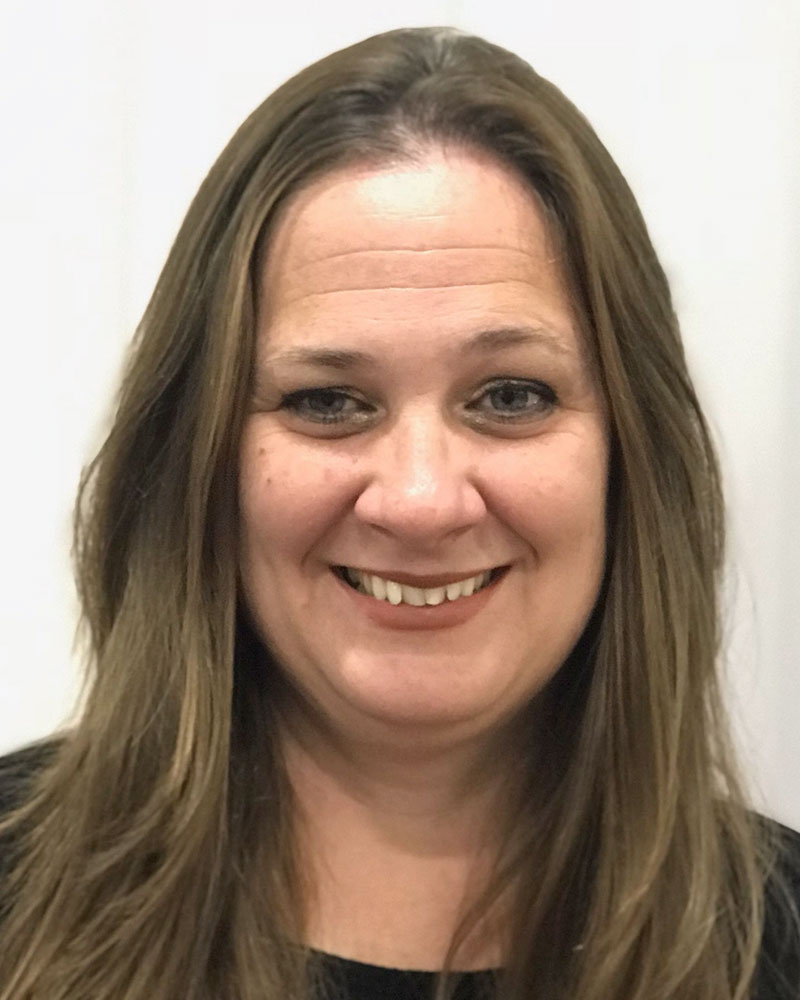
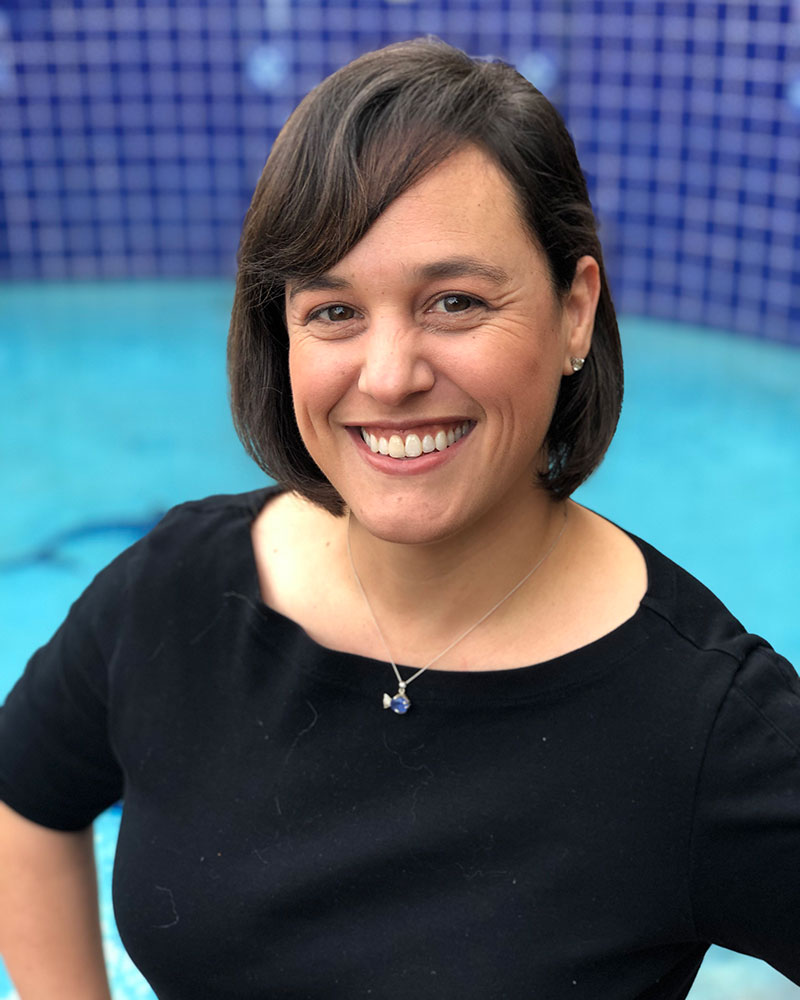
What’s so complex about counting? What makes it important to student learning? What kinds of mathematical insights and investigations can counting inspire? We will explore these questions by sharing images of the work teachers, families, and students do together through choral counting and counting collections.
Introducing the Multi-Digit Multiplication & Division Strand — Jae Baek, Kim Meyer, Linda Jaslow, Linda Levi & Pam Keith – Analyzing Students’ Strategies for Multidigit Multiplication & Division



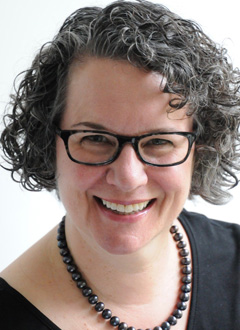
Jae Baek from Illinois State University at Normal will be joined by Kim Meyer, Linda Jaslow, and Linda Levi to explore the sophisticated strategies students construct for multi-digit multiplication and division and the properties of operations their strategies are based on.
Introducing the Instructional Practices Strand — Dan Batty & Rebecca Neal – Developing Caring Relationships in CGI Classrooms

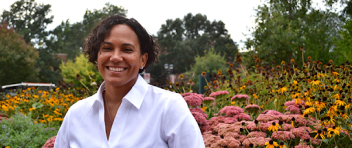
Dan Batty, from Rutgers University, and Rebecca Neal, from Hamline University, will present their work on Developing Caring Relationships in CGI Classrooms. Math can produce feelings of anxiety and inadequacy. Even in CGI, as we focus on designing instruction around students’ thinking in mathematics, we can overlook relational dimensions of instruction. During this session participants will examine supportive classroom interactions, making strategies on how to build caring relationships, particularly with under-served students.
Introducing the Scaling Up Strand — Wendy Green, Mary Nevins, Thorma Thacker, Remona Moore, Tara Sanders, Kendra Bookout, Patricia Goodman & Hidda Spencer – Our Journey as CGI Leaders

Arkansas embarked on a statewide initiative introducing CGI professional development to teachers and students across the state. This session explores the results of both that larger initiative and how CGI played in terms of the ups and downs of our own individual journeys.
Introducing the Professional Development Strand — Theodore Chao & Youmna Dieri – A Framework for Critical Teacher Noticing

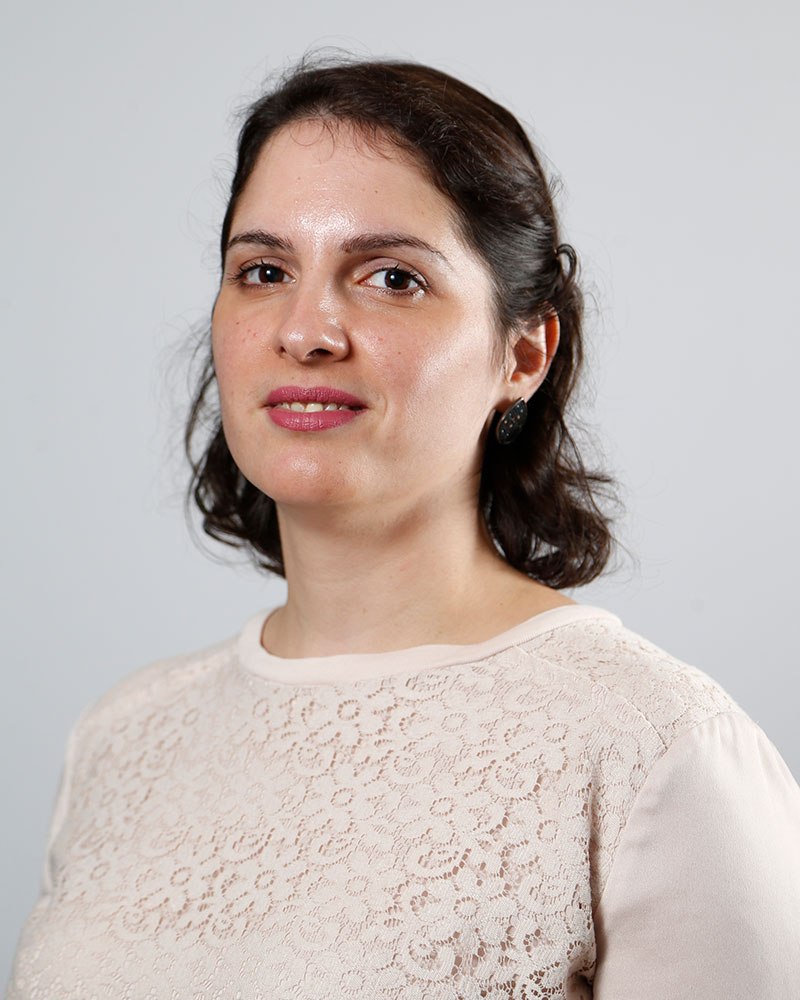
Theodore Chao and Youmna Dieri (The Ohio State University) present that while the CGI framework details aspects of children’s mathematical thinking, it doesn’t explicitly address issues of power and privilege, particularly how children from oppressed communities are positioned mathematically. We examine problem-solving interviews with pre-service teachers, analyzing how they interact with children and each other along axes of power.
Geometric Thinking — Rebecca Ambrose & Erica Burnison – Shapes + Numbers Equals Thinking!
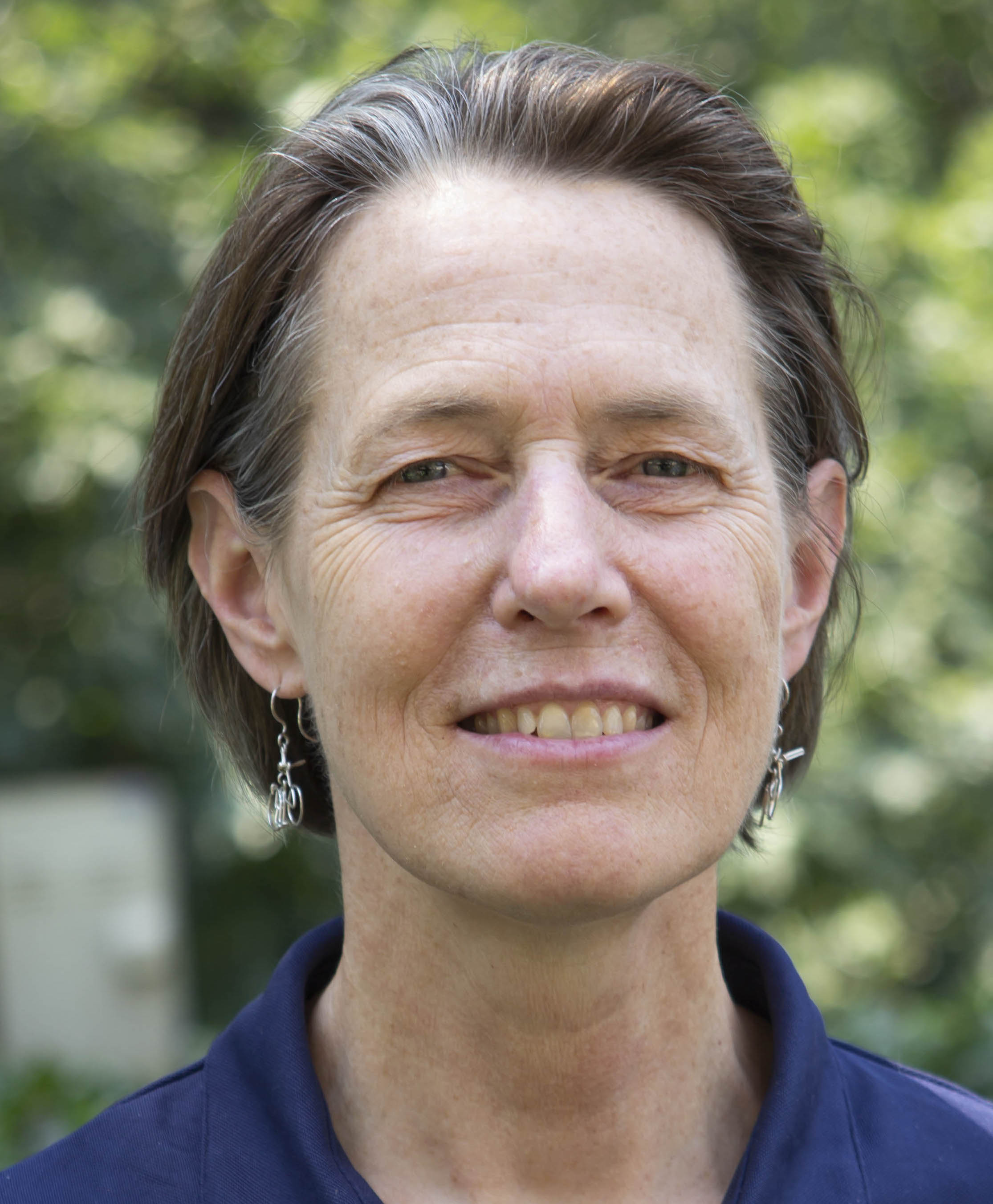

Rebecca Ambrose and Erica Burnison of UC Davis ask how big is this? Join to see what children do when finding the volume of polyhedra using cubes and examine the different levels of thinking exhibited. Discuss various activities that stretch children’s understanding of shape and number. Consider ways to orchestrate discussion so kids learn from one another.
Monday, June 24 from 8:30am–1:00pm
Registration for this session is separate from the main conference and can be attended as a free-standing experience. These sessions are intended for school district administration, principals, instructional coaches, non-profit education community leaders, and legislators to meet directly with CGI researchers to discuss specific research data and the implications for professional development support for classroom teachers. The price for this pre-session is $60/registrant. A working lunch is included. Click here for a full description.
Registration opens February 4, 2019, at noon Central Time

CGI Math Teacher Learning Center, led by director Linda Levi, provides CGI professional development support for schools and districts across the United States. To contact, visit the Center’s website.

SciMathMN, formed in 1993, advocates for effective, engaging, and rigorous STEM education opportunities for all Minnesota students. It hosts the Minnesota STEM Teacher Center where teachers can access information about math and science standards with insights into best teaching practices, links to resources.

The Minnesota Council of Teachers of Mathematics serves K-12 teachers across the state providing online resources, networking, and an annual spring conference on the shores of the Duluth Harbor on Lake Superior. Free electronic membership is available to all teachers in the state.

The Project for Elementary Mathematics has overseen the dissemination of Cognitively Guided Instruction professional development in Minnesota since 1995. The website houses the professional development materials created by James Brickwedde, the Project’s director
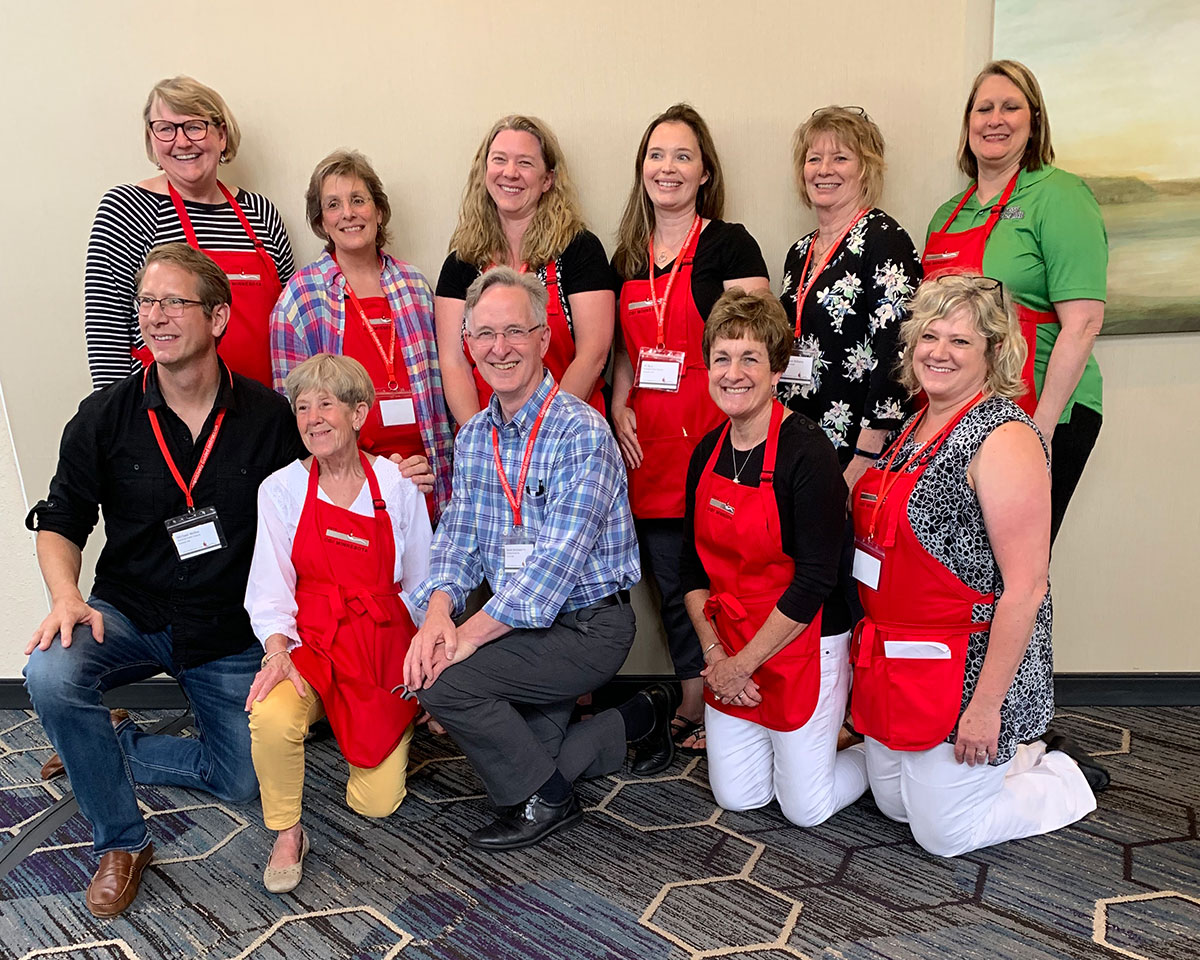
Conference planning is being undertaken by the following team of individuals:
- James Brickwedde, Project for Elementary Mathematics
- Margaret Williams, Anoka-Hennepin School District
- Michael Wallus, Richfield Public Schools
- Jenina Rothstein, Buffalo-Hanover-Montrose Public Schools
- Sarah Johnston, Roseville Area Schools
- Jill Bue, Roseville Area Schools
- Lynn Billet, Anoka Hennepin School District
- Christina Miller, Math Recovery Council
- Nancy Cooley, Rosemount-Apple Valley-Eagan School District (retired)
In Memoriam
Tom Carpenter
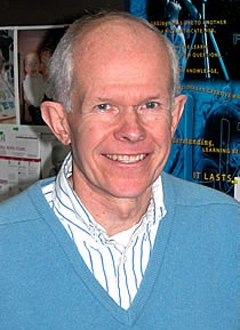
This conference will be dedicated to the man who has been one of our most fearless leaders for the past 40 years. It was while discussing his initial work on children’s progression in thinking and resulting developmental framework of problem types with his department colleague Elizabeth Fennema that she famously said, “So what? What has this to do with teachers in their classrooms?” It was out of those lunchtime discussions that the two of them crafted the first experimental studies and coined the phrase Cognitively Guided Instruction.
Since those early studies, Tom Carpenter has cognitively guided all of our thinking about how children learn, how child progress in their thinking, and how to make sense of that knowledge to shape instruction. His legacy in nurturing his graduate students, who have now themselves become powerful voices in expanding our knowledge in children’s thinking, is a testament to his selflessness and his belief in others. This hallmark of his personality extends to how he came to work with and inspire classroom teachers. To him, teaching was problem-solving – a title of a 1989 chapter he wrote that has always stuck with me – and, therefore, all teachers were co-researchers with him in understanding the dynamics and complexities of the classroom. A comment made by a non-CGI affiliated university professor attending the CGI National conference when it was last held here in Minnesota in 2002 said that it was hard to tell at the conference who was a researcher and who was a classroom teacher. That captures what Tom strove to achieve. Teachers are researchers. Teachers are problem-solvers. Teachers are learners along with both their fellow colleagues and their students. He fundamentally believed that children are powerful mathematical thinkers and capable of developing insightful reasoning skills when teachers provide the setting that allows the children to access their intuitive knowledge.
Tom will be sorely missed. We stand on his shoulders. His legacy will endure in the work of those of us who continue his work. He has provided us a very solid beam of light to cognitively guide us along.
— James Brickwedde, Project for Elementary Mathematics
